‘Walmart-TechnoServe’ richly benefiting Araku Valley tribal coffee farmers
M. Nittapattu Mutually Aided Cooperative Society (MNMACS), a farmer producer organisation (FPO) working with coffee growers in Andhra Pradesh’s tribal Araku Valley, was named the Best Organic Business FPO in the South at the Jaivik India Awards 2022.
The prize could have gone to the best organic firm, but behind it is efforts not only by MNMACs but also by seven other FPOs working in the valley to not only enhance tribal growers’ economies but also to make their lives more sustainable.
A commitment of $25 million
The Walmart Foundation, which addresses economic, environmental, and social difficulties faced by growers, and TechnoServe, a US-based non-profit organisation that promotes commercial solutions to poverty in developing nations, are behind these FPOs, particularly the eight.
Also Read | 60 Women farmer FPOs to benefit $2 million grants from Walmart Foundation
‘In 2018, the Walmart Foundation committed approximately $25 million to India over a five-year period to boost farmer lives.’ By 2019, TechnoServe had joined the scene, and we proposed working with smallholder growers, said Sandesh Deranna, the Coffee Value Chain Lead for TechnoServe.
TechnoServe works in 30 countries along the agronomy chain. They said that they might be able to help farmers make a living, but that their model is to work with FPOs.
The US-based NGO chose the FPO model to work with the valley’s tribal farmers, who number one lakh yet are distributed across a vast area in 1,400 communities.
The best model to follow
‘They are scattered throughout many villages and towns.’ To reach them, we discovered that FPOs were the best model because they were collectives of all these farmers,’ he explained.
The main vertical is coffee, but TechnoServe also assists them with black pepper and turmeric. ‘As an intercrop, black pepper is grown’ (with coffee). So that’s all taken care of. Turmeric is grown in the lower plains,’ according to a TechnoServe official.
Aside from these, farmers grow paddy and rajma (kidney beans).
Increasing buyer numbers
The main goal of TechnoServe’s work with the eight FPOs is to help farmers get better access to markets. ‘Prior to our assistance, indigenous growers’ access to markets was primarily through middlemen.’ ‘There was also the Nandi Foundation, which was doing its own thing on a modest basis,’ Deranna explained.
As a result, the initial move was to contact institutional buyers. ‘We approached the institutions because they will ensure the sustainability of the tribal growers.’ They conduct business in an ethical and organised manner. ‘We chose the buyers and collaborated with them,’ he explained.
Also Read | Walmart & ICRISAT jointly launched Secondary Processing Unit to help FPOs
Tata and ITC are two of the clients who have started buying coffee from growers in the Araku Valley. This brings the total number of buyers to six. ‘We were able to increase the quality and post-harvest management a little bit.’ ‘We particularly entered the specialty coffee market since it is a non-traditional field with a competitive edge,’ stated the TechnoServe lead.
Coffee of Distinction
Farmers in the Araku Valley can’t compete with farmers in other parts of the world when it comes to skill, knowledge, and experience. As a result, the NGO decided to make producers compete on quality, especially because the product is organic by default.
‘We decided to enter the retail market, and we enlisted the help of Blue Tokai Coffee and HumbleBean Coffee.’ ‘These businesses have now begun directly from the FPOs here, with no intervention from anyone,’ he stated.
Araku Valley organic coffee has the advantage of being single-sourced and costs around $ 700 for 250 g. ‘Previously, growers were selling this coffee at a lesser price. ‘However, with the intermediaries removed and the FPOs selling directly, they are now earning a fair price and competing with the best coffees at Kushalnagar, a coffee selling centre,’ Deranna explained.
Be aware of marketing elements
Last fiscal year, the FPOs that produce coffee delivered 36 truckloads of coffee, up from almost nothing three years before. ‘Araku Valley coffee was previously rejected or sold at poor rates, with purchasers citing significant moisture.’ Growers are increasingly aware of the issues that influence the sale of their produce and have established facilities to increase quality,’ he said.
FPOs, for example, now use government-certified weighing scales. They have installed wet mills and dryers, as well as solar panels. ‘All of these were set up at their own expense. Our job has been to teach growers about these factors and help them get access to markets and money. Last fiscal year, not a single truckload of the 36 consignments we sent to Kushalnagar was rejected. ‘We will dispatch 38 consignments this fiscal year,’ Deranna stated.
Audits of certification
On the other hand, farmers are now asking that people who buy their goods use the same government-approved scales.
As a result of these initiatives, 5-6 of the FPOs’ transactions and business have climbed to ₹1 crore from $0 in 2019. One of the FPOs earns over Rs 2 crore. The significance of this is that the growers realised the value of quality and marketing without any outside funding. He said that the growers and FPOs had used their profits to improve their chances.
‘All of this has now helped them earn a market price for their produce.’ ‘They also go for certification audits,’ explained the TechnoServe lead. But more and more people are trying to plant native trees on coffee farms instead of bringing in trees like Silver Oak. ‘Growing pepper on these indigenous plants produces good results,’ he said.
Social accountability
The FPOs for pepper have been routed through one of Bengaluru’s main spice traders. Farmers get compensated because their produce is organic. All of this has been accomplished without the use of child labour. Then there’s rainwater collection. Growers benefit from higher pricing since their produce is accredited for these social responsibility programmes.
Also Read | Walmart Foundation grants ₹4 crores to ICRISAT to reach 24,000 farmers
In the last three years, two of the FPOs, including MNMACs, have grown to the point where they have built their own infrastructure. Another interesting aspect of the FPO’s composition is that one-third of the board is made up of women. Agronomy instruction is also provided to farmer members.
‘We are the first in the country to receive digital IDs for farmers.’ Furthermore, the FPOs have adopted traceability in collaboration with TraceX. This will allow us to include a QR code on the package that will indicate the village where the coffee was grown. ‘This demonstrates that the produce is from a single source, which is why it costs a premium,’ Deranna explained.






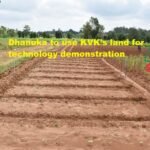

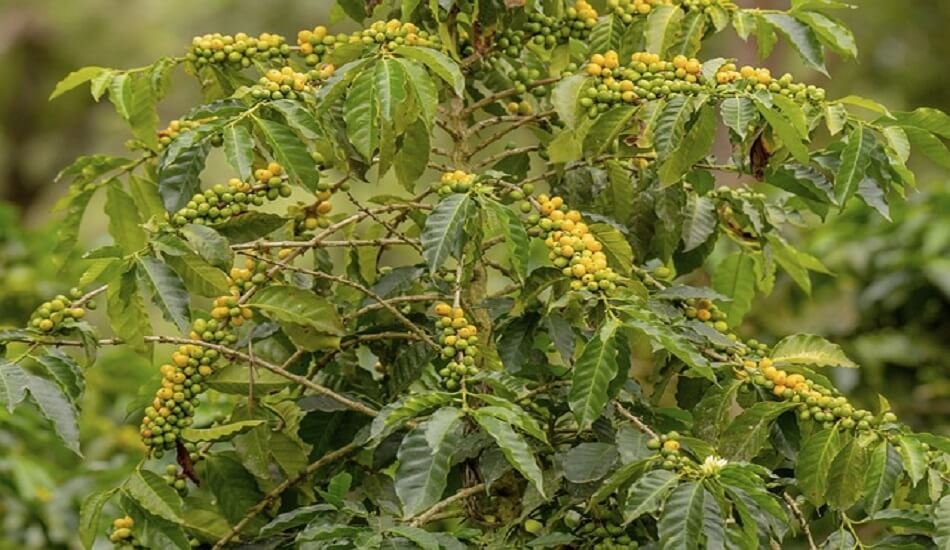

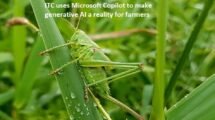

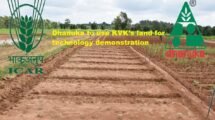
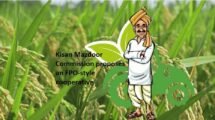

Add Comment